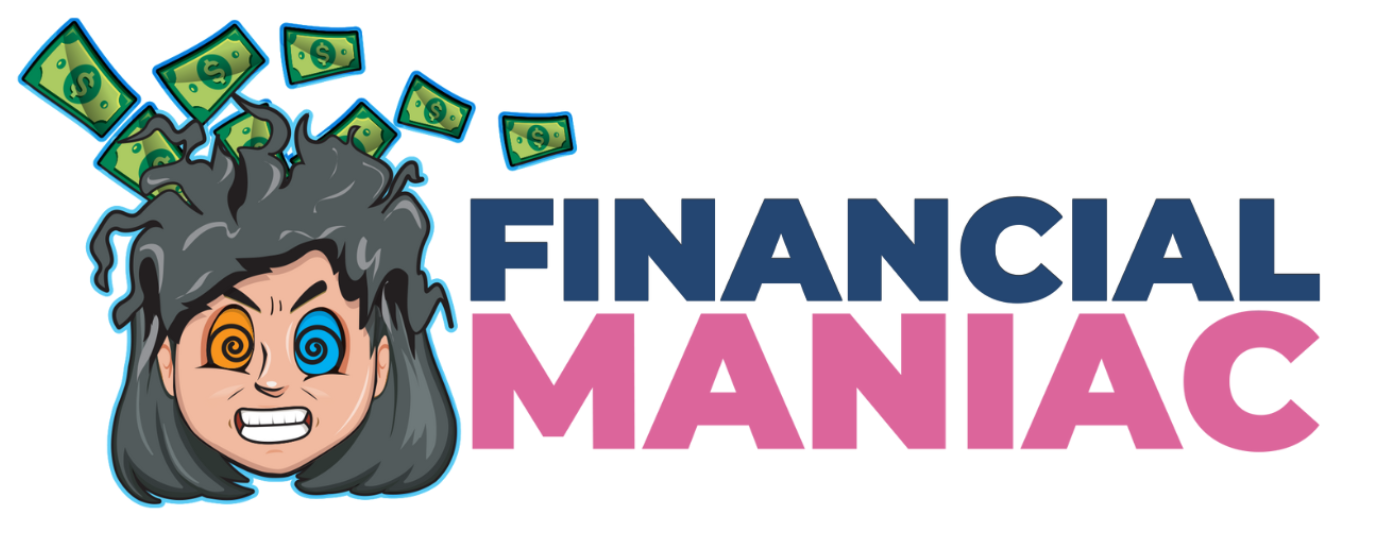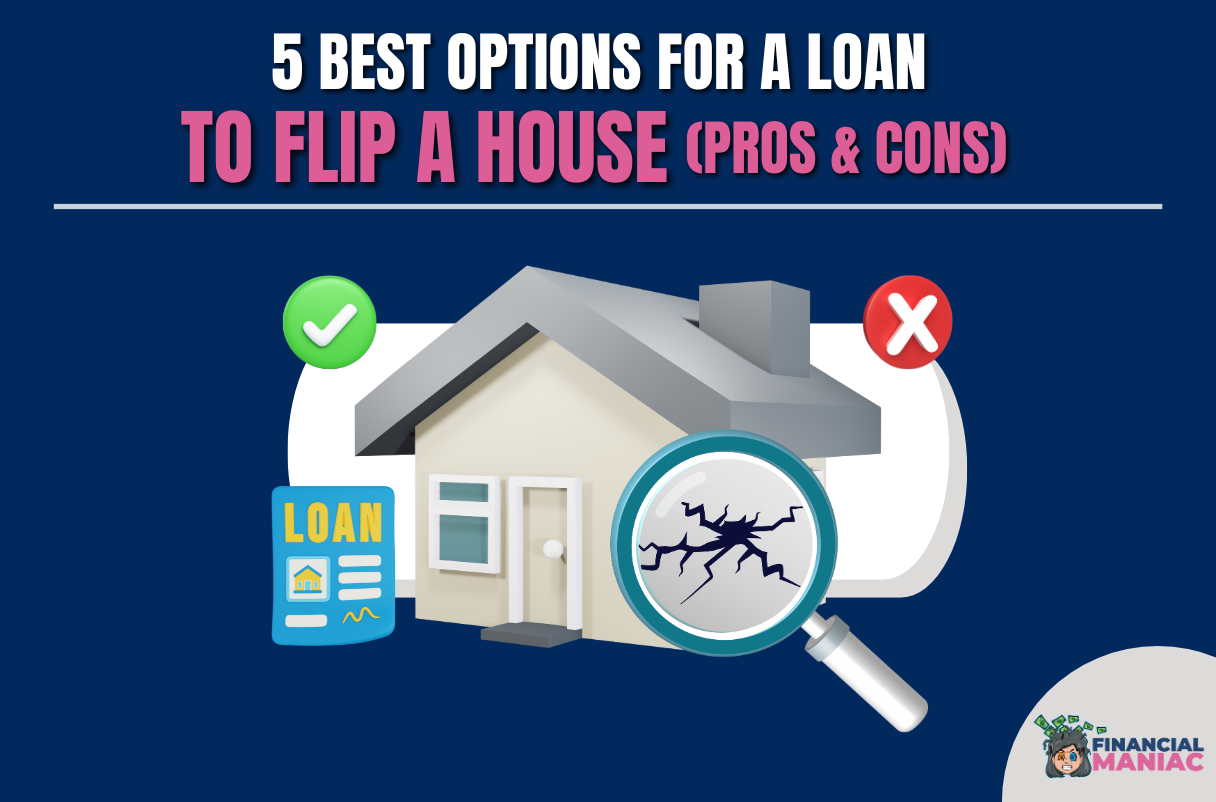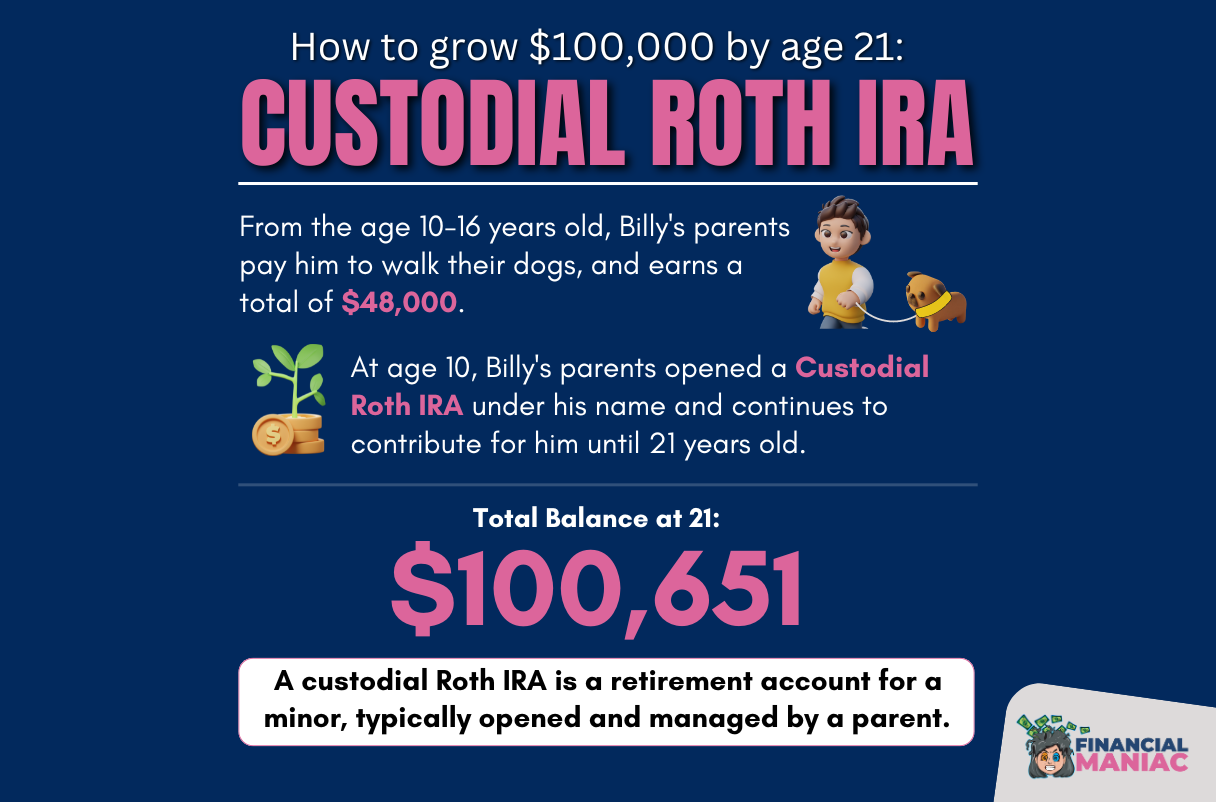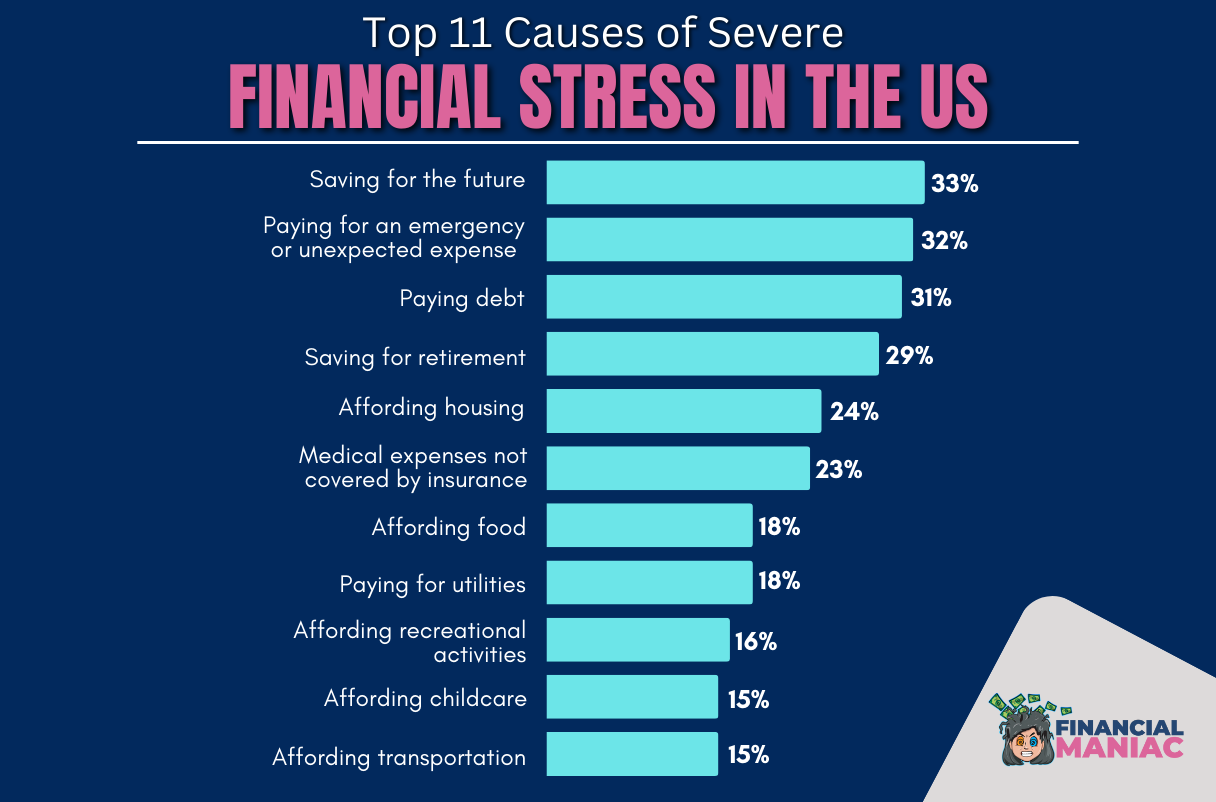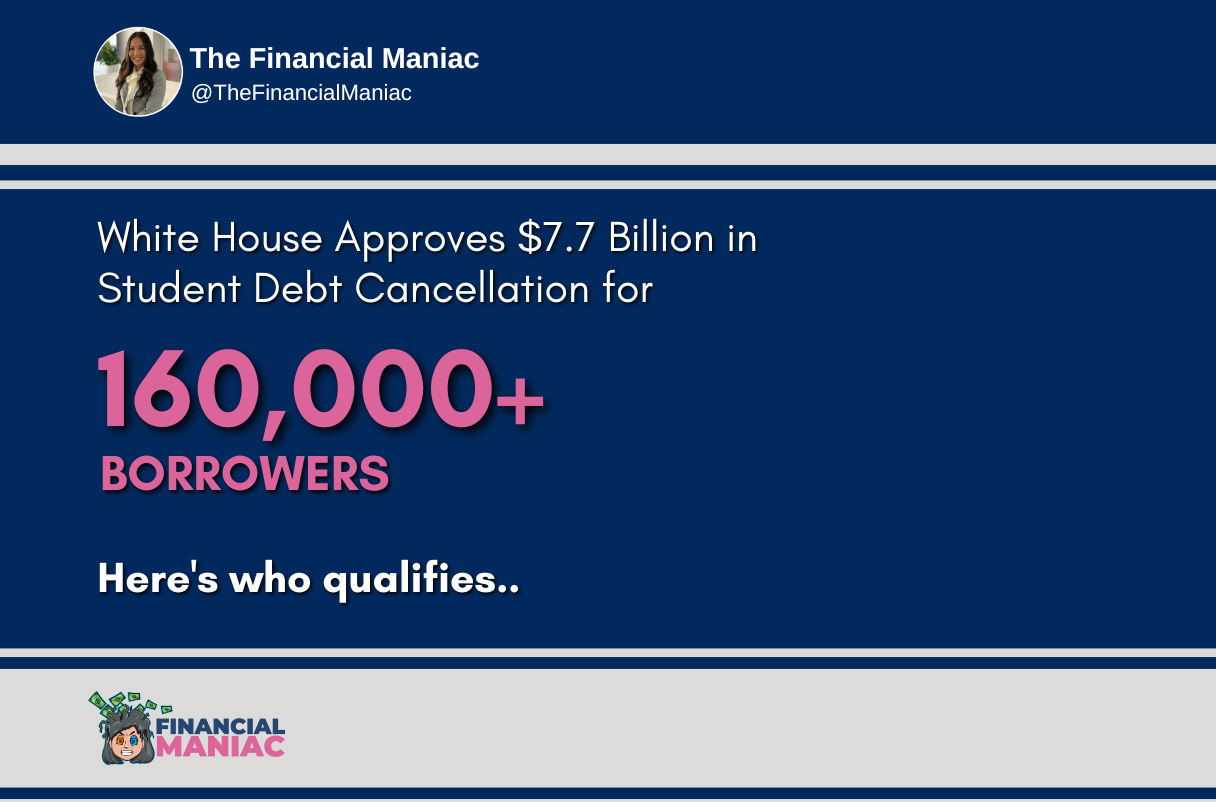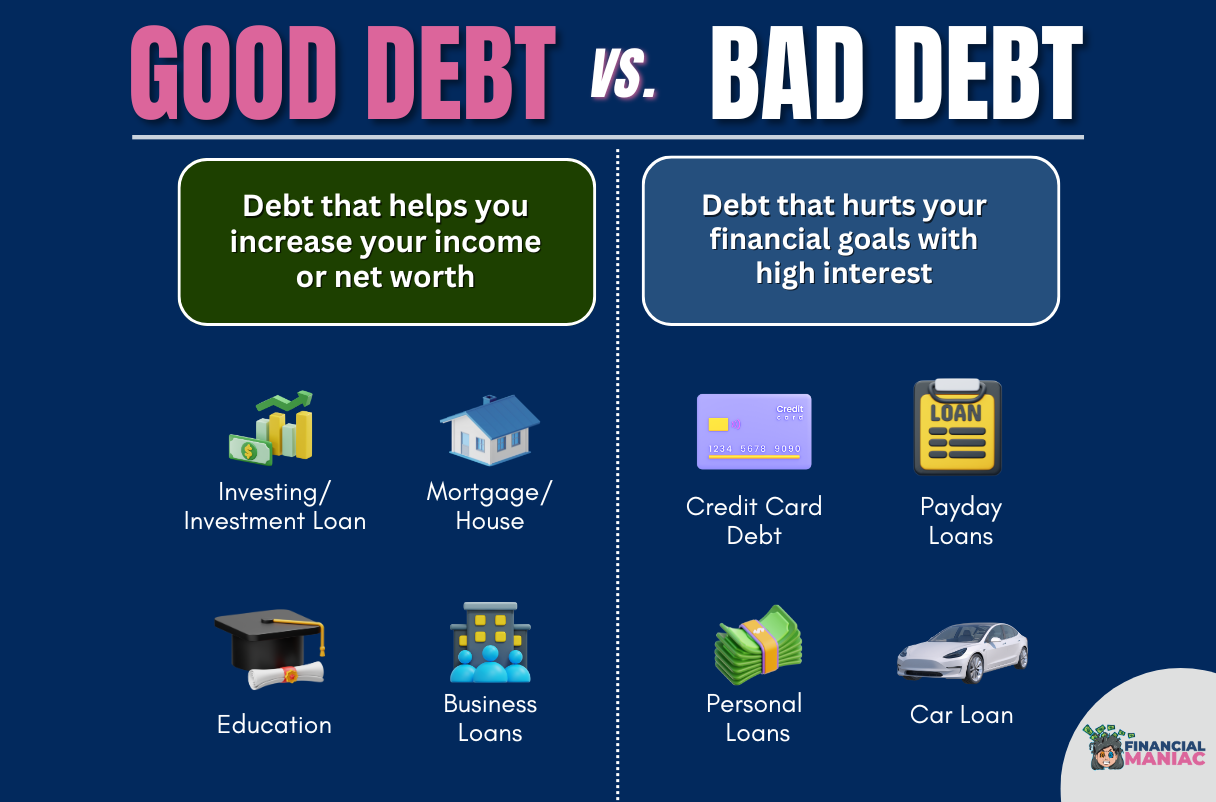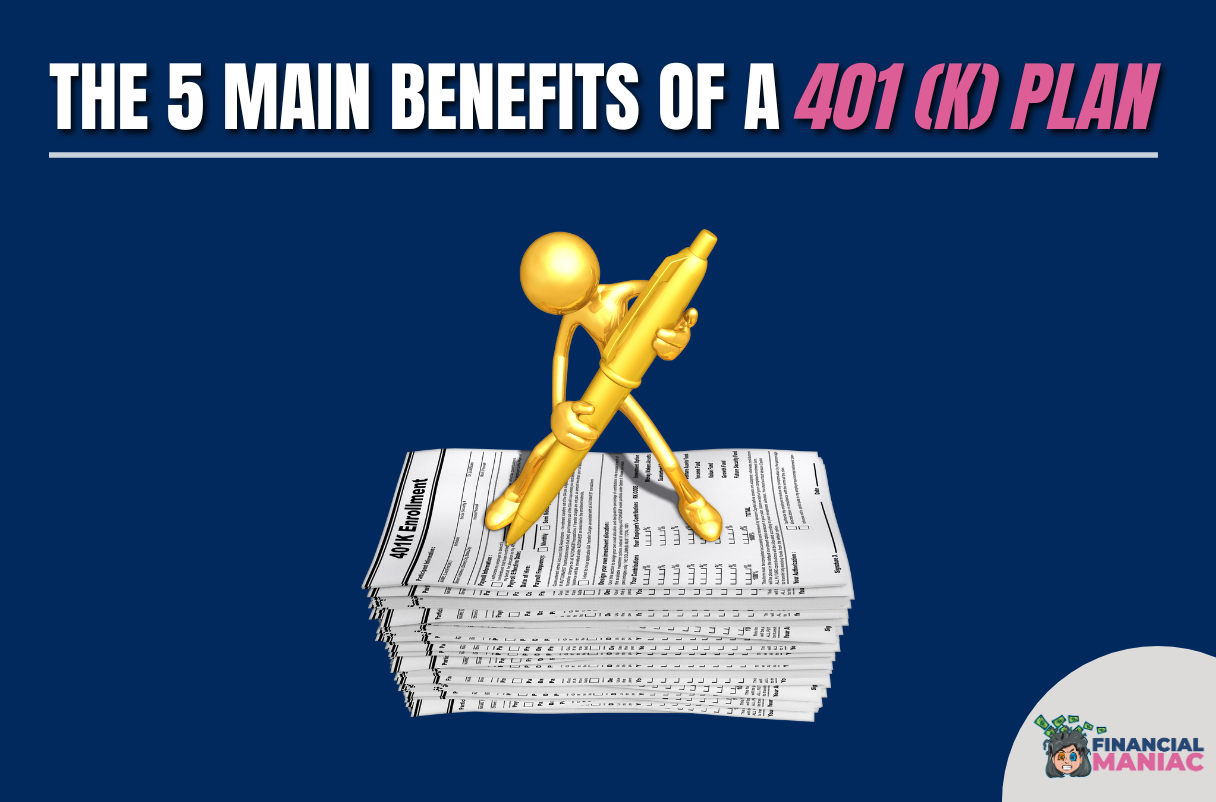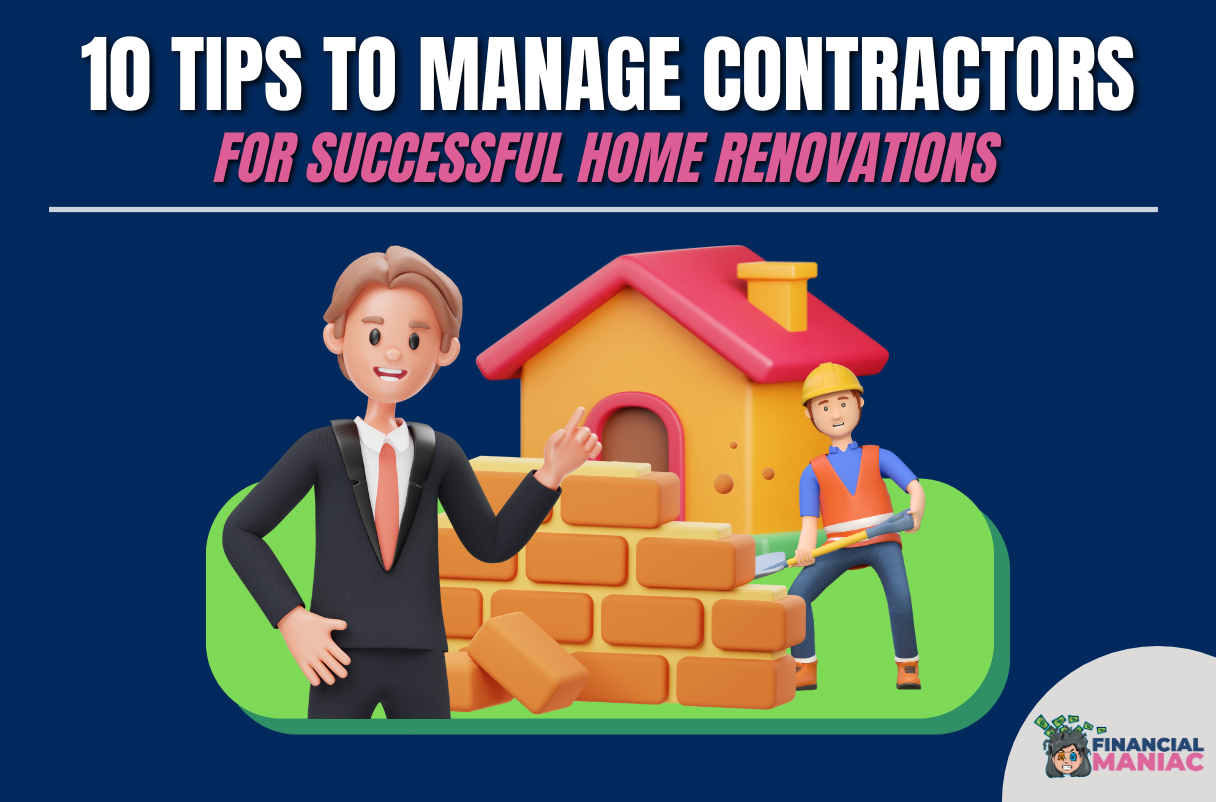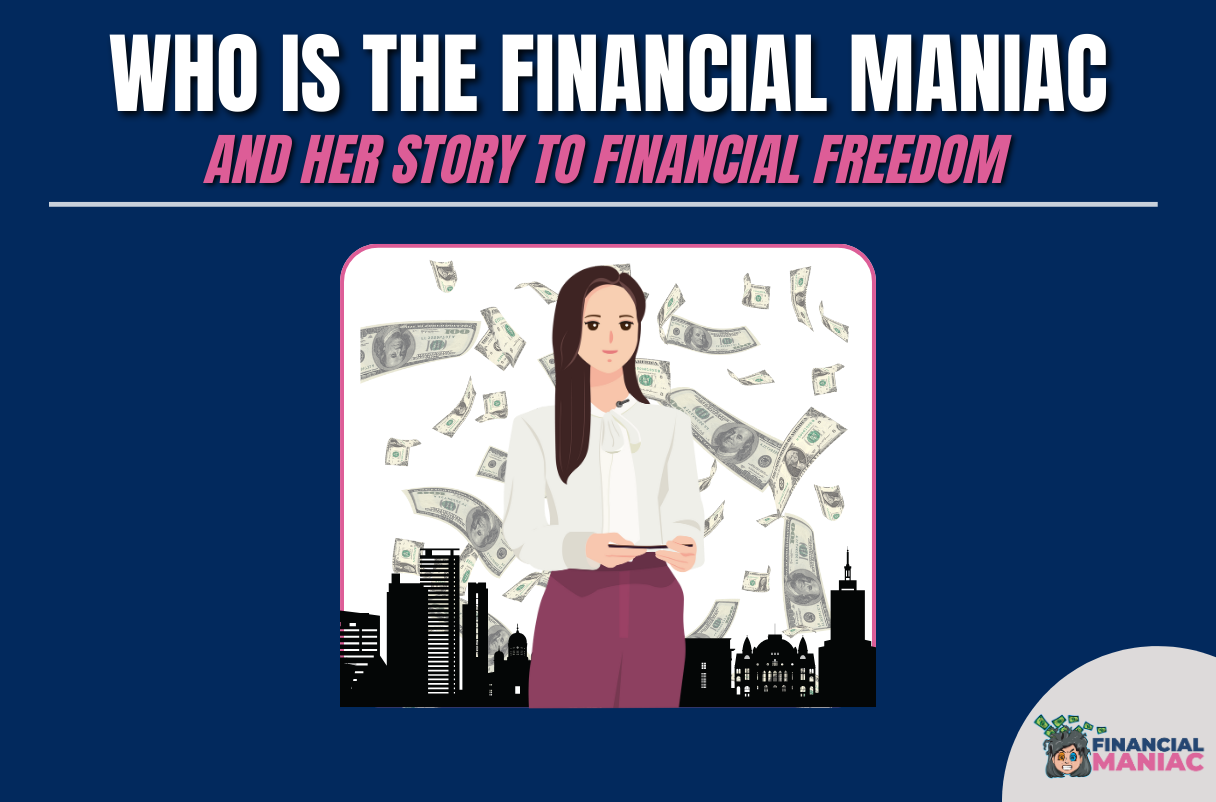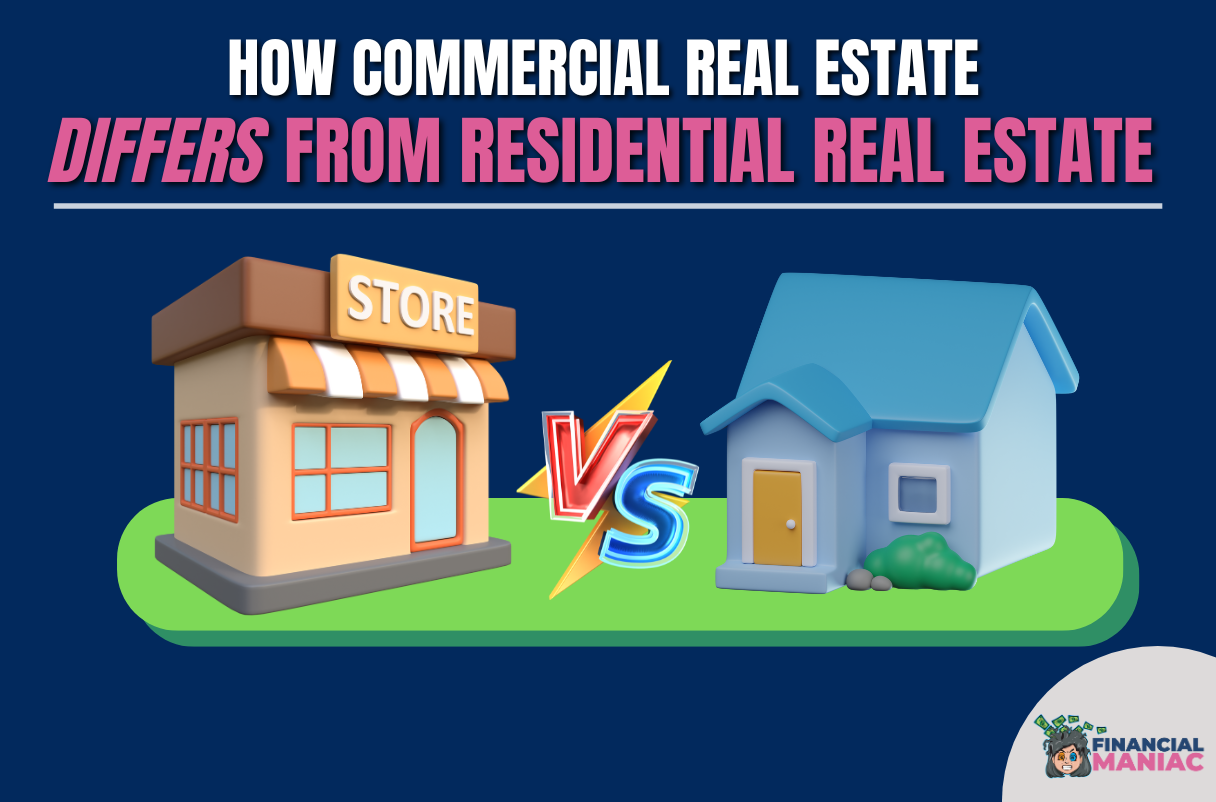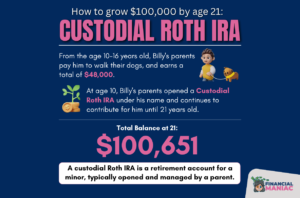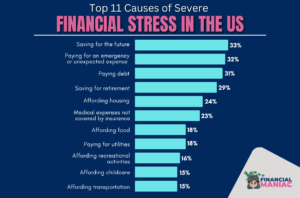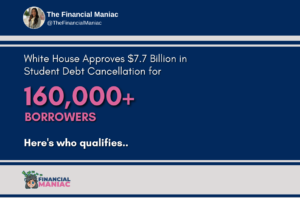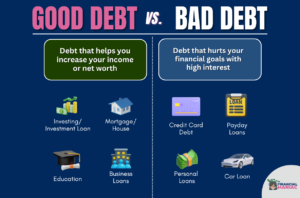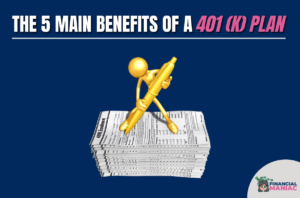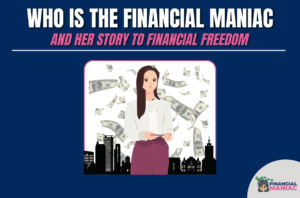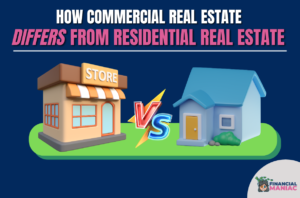Major Costs Of Flipping Houses
- Purchase price
- Closing
- Carrying costs (financing fees, interest on loan)
- Renovation costs
- Short term capital gain taxes that can be 10 to 37 percent (the tax rate depends on your federal income tax bracket)
- Marketing cost
5 Best Options For A Loan To Flip A House
1. Hard money loans

Hard money loans, in a sense, can justify why we use the word “hard” for them. That is because hard money loans often bring tougher agreement conditions for the borrowers. According to some other popular beliefs, “hard money loans” are a funding option for houses that are difficult to finance for conventional lenders.
Hard money loans are a great alternative if you are unable to get a conventional loan. However, the problem is, hard money loans come with agreement terms that can be hard to digest. For instance, the lender will take the underlying property or any other hard asset as collateral.
Furthermore, the interest rates for hard money loans are way higher than conventional loans, ranging from 8 to 18 percent. Not only this, the lender may charge you 2 to 5 points as well. One point is equal to 1% of the total loan amount. In short, you will have to repay the principal amount, interest, and these points (depending on the lender) as well.
Generally, you can borrow up to 70% of the After Repair Value (ARV), and you can easily find hard money lenders on the internet.
Pros
- Easier to get- a quicker solution for financing needs
- No need to have a good credit score
Cons
- Tough agreement conditions
- Higher interest rates
- The lender takes your property/asset or the underlying property as collateral
2. Private Lenders
Private lenders can be any individual who doesn’t offer loans as a business or regularly. These people generally have ample funds or savings, which they sometimes use to earn interest by financing loans. A private lender can be anyone, including your friends, family, colleagues, someone from the neighborhood, etc.
Basically, private lenders are more like hard money lenders, but the good thing is, they offer you more convenient contract terms and better interest rates. Furthermore, they are more open to negotiations in terms of payments. In fact, some private lenders may agree to be your partner and may agree on a share in profits rather than charging interest.
Private lenders generally charge interest rates and points from 8 to 12 percent and 0-2 points, respectively. You can easily find them on the internet or local real estate networking events.
Pros
- Short approval process
- Easy to qualify
- Interest rates are lower than hard money lenders
- Lenient contract terms
Cons
- Interest rates are higher than conventional lenders
- The lender may take the concerned property as collateral
3. Crowdfunding

Crowdfunding is a business practice in which different lenders (individuals or intuitions) unite in the form of groups and provide loans collectively. Generally, the moneylenders, aka investors, contribute or invest in the loan and then earn interest according to the amount contributed.
Crowdfunding websites generally offer loans for debt consolidation, home renovation, small business funding, etc. However, many crowdfunding websites specifically offer loans to flip a house or other real estate ventures. These crowdfunding websites generally operate in two ways;
- The website will pre-fund your loan with its own money, close the loan, and then ask the investors to contribute as per their willingness.
- Invite the investors, get funds from them, and then close your loan (if the funds are collected).
Common websites for real estate crowdfunding include Groundfloor, Patch of Land, etc. You can also find a lot of other crowdfunding websites easily.
Pros
- Quick approval process
- Your credit score or number of other mortgages doesn’t matter much
Cons
- Many websites, such as Groundfloor, prefer experienced flippers; not a good option for new or inexperienced flippers
- Interest rates are higher than conventional lenders
- Different crowdfunding websites have different terms. For instance, if you borrow from Groundfloor, you have to pay interest for at least three months, even if you pay the loan earlier than that
- You have to offer the underlying property as collateral
4. Home Equity Loan
A home equity loan, aka second mortgage, is a type of loan in which you offer your home as collateral to get funds. If you fail to repay the loan, the lender will have the right to take possession of your home.
The maximum limit for a home equity loan is up to 85% of the market value of your home. A home equity loan is a great way to finance your house flipping ventures for many reasons. Here are some of them;
Pros
- Interest rates are on the lower side; 3 to 11% per year
- The interest amount is tax-deductible
- Fixed monthly payments
Cons
- The borrower has to offer his/her home as collateral
- The loan fee may range from 2% to 6%
5. Home Equity Line Of Credit

HELOC or home equity line of credit is more like a home equity loan, but it basically functions like a credit card. In home equity loan, the lender will disburse the loan amount in a lump sum. However, in HELOC, the borrowers will be allowed to use the funds (as per their willingness) up to the agreed limit.
However, the loan will be secured by the borrower’s home. Therefore, the borrower, just like a home equity loan, can get funds up to 85% of the market value of his/her home.
Pros
- In comparison to the hard money lenders, HELOC offers lower interest rates
- Tax-deductible interest payments
- More financial flexibility
Cons
- Variable monthly interest rates (that generally depend on the economic conditions of the country)
- Your house will be used as collateral
- Different types of fees such as origination fees, appraisal fees, title search fees, notary fees, etc.
Conclusion
House flipping is definitely a lucrative option to generate an additional income stream or can be your main stream of income. If you want to try your luck but running short of funds, you can search for different types of loans to flip a house.
The options mentioned above might help too. Yes, some of them may have higher interest rates, difficult terms, and conditions, but you can still earn enough profits if you can get it right.
I hope this helps, looking forward to joining you all in this journey to Financial Freedom & Education!
